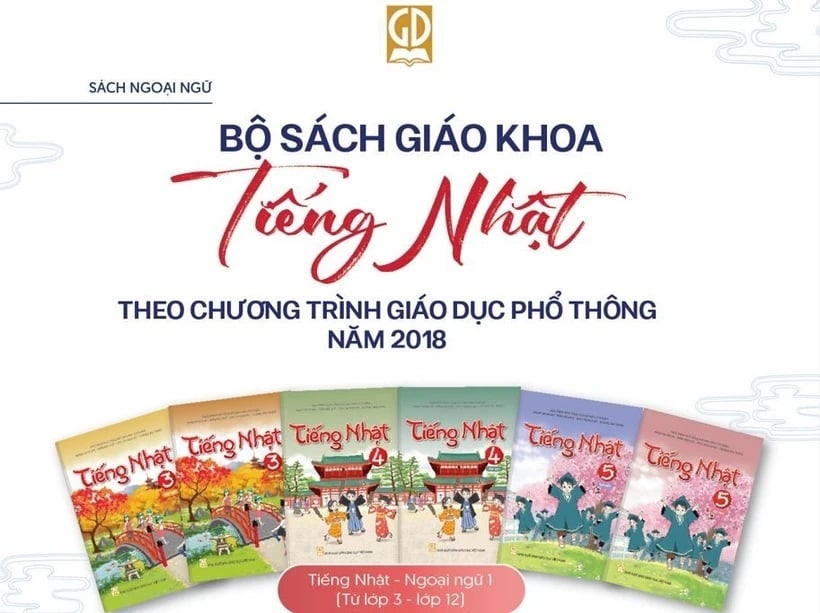 |
| Vietnam Education Publishing House has compiled Japanese textbooks. (Photo: PV/Vietnam+) |
On April 28, during the visit of Japanese Prime Minister Ishiba Shigeru and his wife to Vietnam, Vietnam and Japan signed a Framework Agreement on teaching Japanese in Vietnamese high schools. Accordingly, Vietnam will implement Japanese language teaching at all levels (from grade 3 to grade 12) nationwide. The implementation period is from 2025 to 2034.
According to the Vietnam Education Publishing House, this unit has compiled and published textbooks for Japanese Foreign Language 1 and Foreign Language 2. This is an advantage for the early implementation of teaching Japanese in schools.
Promote Japanese language teaching
In Vietnam, Japanese has been taught as a pilot foreign language 2 since the 2003-2004 school year, and as a foreign language 1 in some high schools since the 2016-2017 school year.
In 2021, the Ministry of Education and Training issued the Japanese - Foreign Language 1 General Education Program, allowing students nationwide to choose to study Japanese from grade 3. In 2024, the first Japanese Language Olympic exam was held. The 2024-2025 school year is also the first year that Japanese is included in the list of subjects for the national excellent student exam.
According to a survey by the Japan Foundation, there are about 73 higher education institutions that teach Japanese, with a total of 47,670 students. Of these, 51 schools offer formal training in Japanese and Japanese studies with about 13,413 students.
Under the Framework Agreement on Japanese Language Teaching in Vietnamese High Schools, the Embassy of Japan in Vietnam and the Ministry of Education and Training of Vietnam agreed to cooperate in promoting Japanese language teaching in primary and secondary schools in Vietnam.
Based on learners' needs and actual conditions, localities can consider supporting the teaching of Japanese as a Foreign Language 1 in some primary and secondary schools, ensuring appropriate connectivity with the process of completing the students' study program.
In localities where Japanese is taught as a Second Foreign Language in junior high and high schools, the authorities are considering maintaining the necessary support to ensure that Japanese continues to be taught in a stable manner to enable students to complete their studies.
The Japanese side will provide support within the budget for schools teaching Japanese; send Japanese language experts to support the completion of programs and compilation of Japanese textbooks; and provide necessary learning materials and reference materials for teaching and learning Japanese.
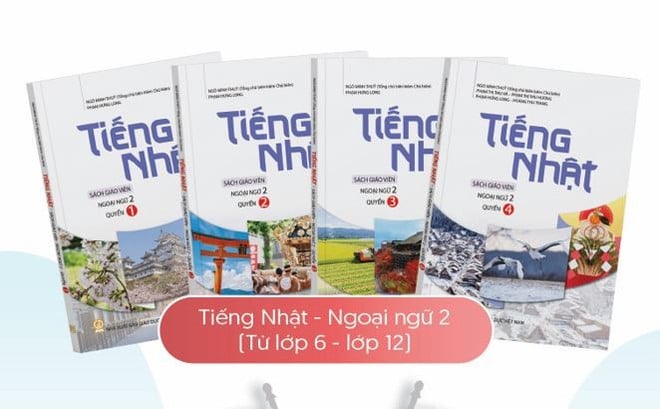 |
| Japanese textbooks. (Photo: PV/Vietnam+) |
Japan will also send Japanese language experts to high schools, organize training courses for Japanese language teachers and take on some teaching hours as teaching assistants when necessary; create conditions for students, teachers, and school administrators to visit, study Japanese, and participate in cultural exchanges in Japan every year to the extent possible.
Textbooks are available.
According to information from the Vietnam Education Publishing House, to support the teaching and learning of Japanese, this unit has compiled and published textbooks for Japanese Foreign Language 1 and Foreign Language 2.
These books are compiled according to the 2018 General Education Program, to meet the learning needs of students. The team of authors are experienced people, leading lecturers in teaching Japanese language at universities.
During the process of compiling the book series, the group of authors also received enthusiastic support and cooperation from the Institute for Cultural, Language and Education Development Research; University of Foreign Languages - Vietnam National University, Hanoi; Embassy of Japan in Vietnam and especially from Japanese language experts of the Japan Foundation.
One of the highlights is that the Japanese Foreign Language 1 and Foreign Language 2 textbooks have rich content, including lessons on vocabulary, grammar, pronunciation and Japanese culture.
The book series is compiled for high school students, helping them to listen, speak, read, and write Japanese at a basic level while also cultivating their Japanese communication skills and social communication skills.
The content of the lessons in each book revolves around familiar, close topics, suitable to the interests, hobbies, psychology and development of students at each grade level.
In addition, the book series also incorporates cultural and social content, thereby helping to form in children an interest and approach towards other cultures to create a foundation for them in international integration and exchange activities./.
According to VNA
Source: https://baokhanhhoa.vn/xa-hoi/giao-duc/202505/da-co-sach-giao-khoa-day-tieng-nhat-tren-toan-quoc-tu-nam-2025-950027f/


![[Photo] Da Nang: Water gradually recedes, local authorities take advantage of the cleanup](https://vphoto.vietnam.vn/thumb/1200x675/vietnam/resource/IMAGE/2025/10/31/1761897188943_ndo_tr_2-jpg.webp)




![[Photo] Prime Minister Pham Minh Chinh attends the 5th National Press Awards Ceremony on preventing and combating corruption, waste and negativity](https://vphoto.vietnam.vn/thumb/1200x675/vietnam/resource/IMAGE/2025/10/31/1761881588160_dsc-8359-jpg.webp)
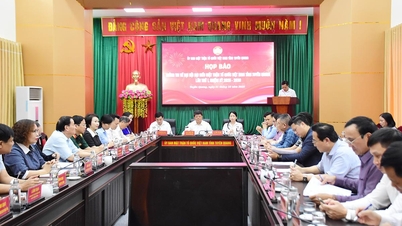

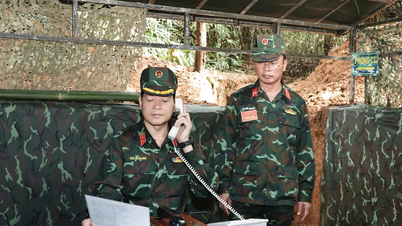

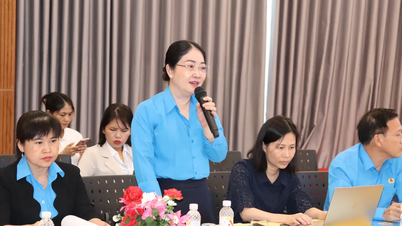


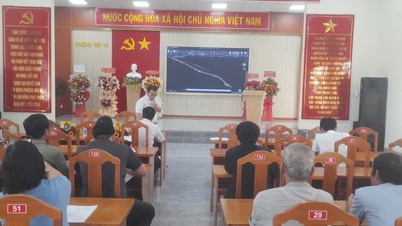







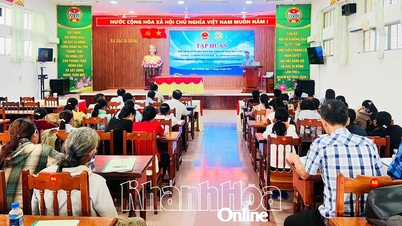
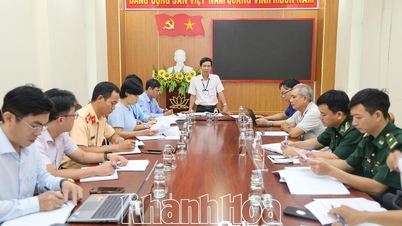
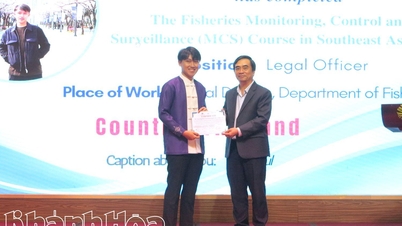

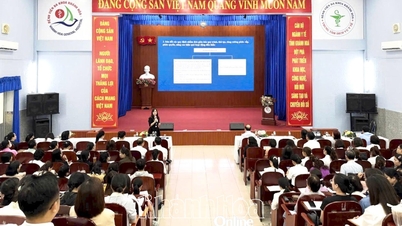


































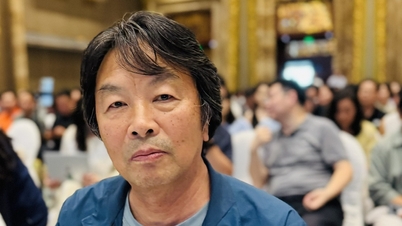

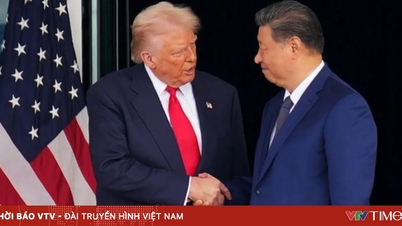




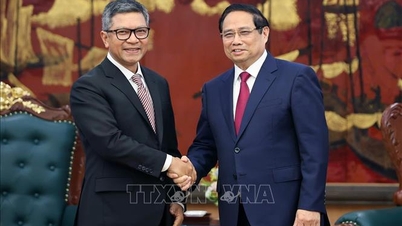




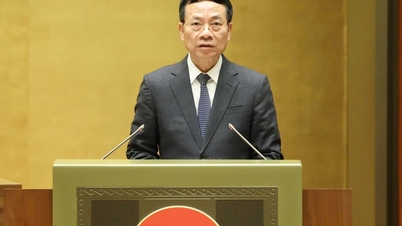




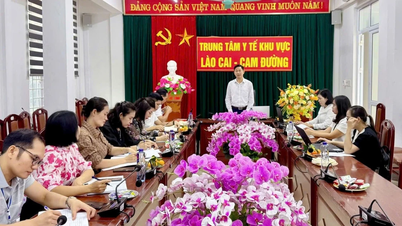


















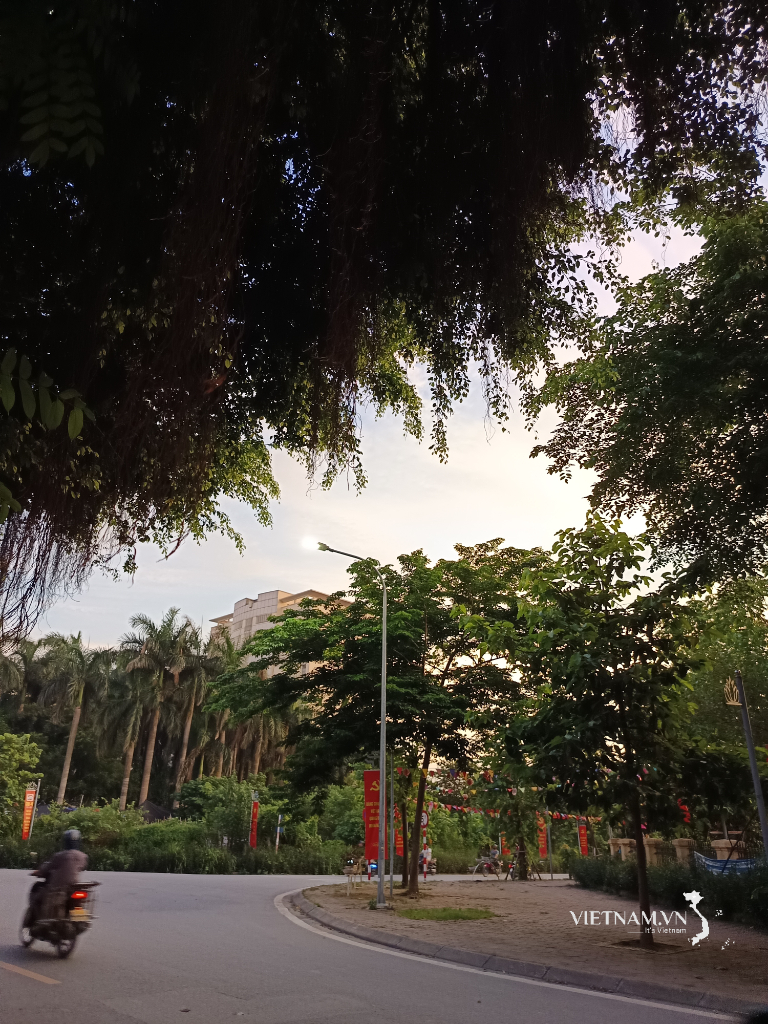

Comment (0)